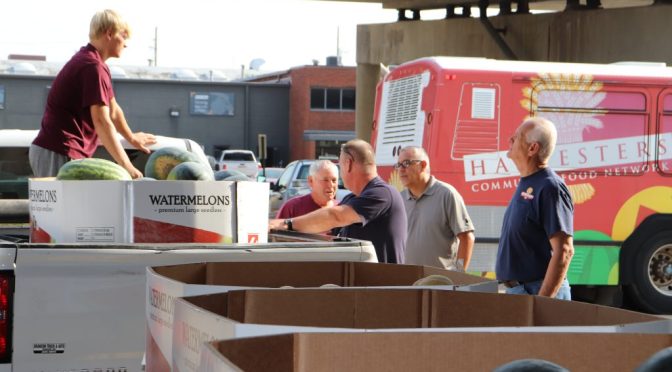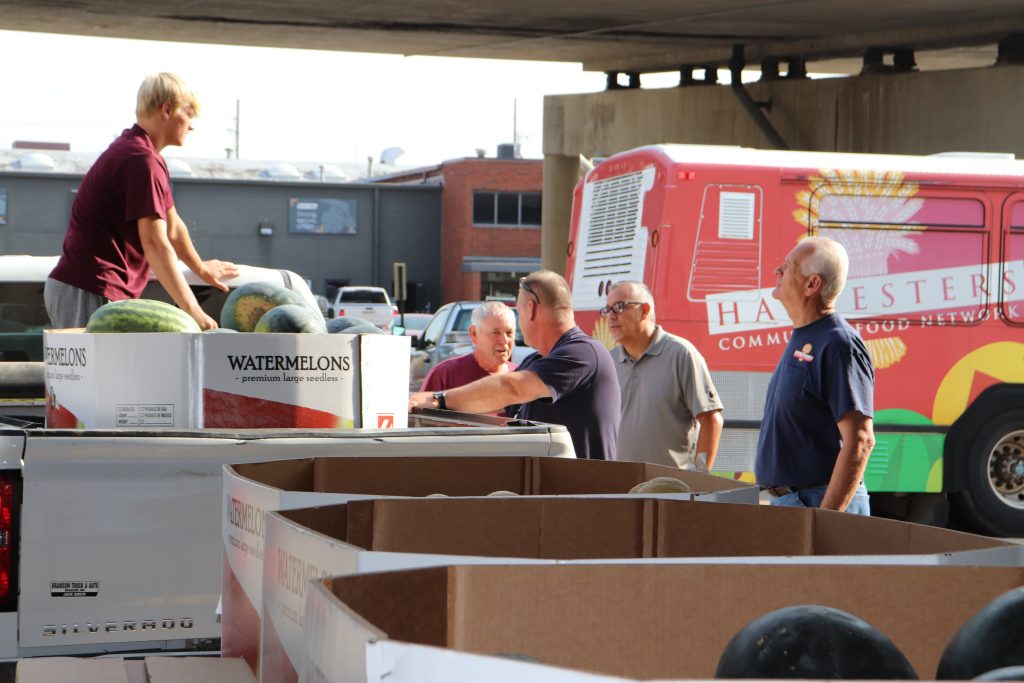Kansas Corporation Commission Utilities Staff responds to
Evergy’s rate increase proposal in testimony filed this afternoon
TOPEKA – Kansas Corporation Commission Staff has weighed in on Evergy’s request for a rate increase in both of its’ Kansas service areas. In testimony filed with the Commission this afternoon, Staff’s detailed financial audit of the company’s income and expenses determined that an increase of 1.66 percent or $34,706,527 was all that could be justified at this time to provide service to Evergy Central customers. Staff’s position is in contrast to Evergy’s request for a net revenue increase of $204,152,629 or 9.77 percent.
KCC Staff’s detailed financial audit of Evergy Kansas Metro’s income and expenses determined that a 7.32 percent rate decrease totaling $53,194,189 is appropriate. This is in contrast to Evergy’s proposed rate increase of 1.95 percent or $14,152,521.
While an important part in the process, these results are far from final at this stage. Today is the due date for direct testimony to be filed by KCC Staff and all other intervenors in the rate case. The next steps in the process include cross answering testimony, rebuttal testimony from Evergy, a settlement conference to determine if the parties can agree on a resolution to submit for Commission approval, followed by either a settlement hearing or evidentiary hearing before the Commission. KCC Commissioners will issue a final order in the docket in late December or early January.
Evergy Kansas Central serves 736,000 customers in Topeka, Lawrence, Olathe, Leavenworth, Atchison, Manhattan, Salina, Hutchinson, Emporia, Parsons, Wichita, Arkansas City, El Dorado, Newton, Fort Scott, Pittsburg and Independence, among other towns and rural areas. Evergy Kansas Metro serves approximately 273,000 customers in Lenexa, Overland Park and other communities near the Kansas City metro area.
Testimony filed today is available on the KCC’s website, along with other documents in the rate case.
The Commission is accepting public comments regarding the rate increase request through 5 p.m., September 29, 2023, on its website, by mail to the Commission’s Office at 1500 SW Arrowhead Rd, Topeka, KS 66604-4027 or by calling the KCC’s Office of Public Affairs and Consumer Protection at 785-271-3140 or 800-662-0027.


